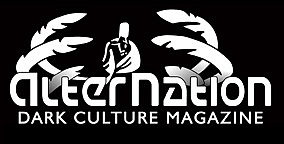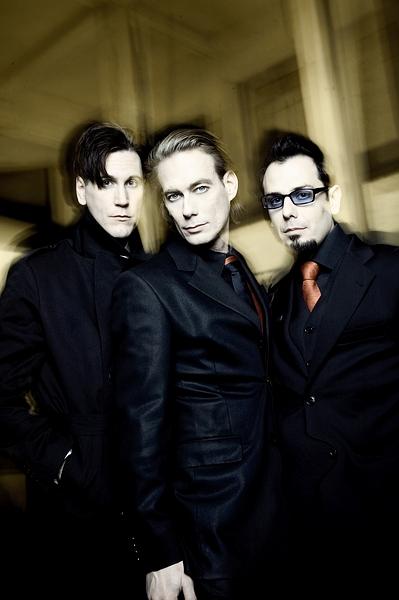Covenant
Discography:
Last topics on forum:
See photos:
Similar artists:
- 2019 - Fieldworks Excursion EP
- 2016 - The Blinding Dark CD
- 2016 - Sound Mirrors EP
- 2013 - Leaving Babylon Limited LP Vinyl
- 2013 - Leaving Babylon CD
- 2013 - Leaving Babylon Limited 2CD Digipak
- 2013 - Last Dance Limited MCD Digipak
- 2012 - Dreams of a Cryotank Limited LP Picture Vinyl
- 2011 - Modern Ruin CD
- 2011 - Modern Ruin Limited 2CD Digipak
- 2010 - Lightbringer (featuring NECRO FACILITY) Limited MCD Digipak
- 2007 - In Transit 2DVD + CD Digipak
- 2007 - In Transit
- 2006 - Brave New World CDS
- 2006 - Brave New World [US Edition] CDS
- 2006 - Skyshaper Format
- 2006 - Skyshaper CD
- 2006 - Ritual Noise MCD
- 2004 - Sequencer Beta CD
- 2003 - Der Leiermann MCD
- 2003 - Dreams Of A Cryotank + Europa 2CD Box Set
- 2002 - Northern Light
- 2000 - United States of Mind
- 1999 - Tour De Force
- 1999 - Dreams of a Cryotank
- 1999 - Theremin
- 1999 - Europa
Last topics on forum:
- COVENANT , 4.11.2006, Łódź, Funaberia 2 - 2006-11-09
- Covenant - 2006-05-20
- Covenant LIVE 12 luty 2006 w Goerlitz - 2006-01-10
See photos:
- Wrocław Industrial Festival 2019 - 2019-11-17 (Festivals)
- XIV Prague Gothic Treffen - 2019-09-02 (Festivals)
- Mera Luna 2017 - 2017-08-21 (Festivals)
- Dark Sounds Festival 2016 - 2016-06-26 (Festivals)
- Warsaw Dark Electro Festival 2015 - 2015-10-18 (Festivals)
- M'era Luna 2014 - 2014-08-12 (Festivals)
- Amphi Festival 2013 - 2013-07-25 (Festivals)
- E-tropolis 2013 - 2013-03-25 (Festivals)
- Amphi Festival 2011 - 2011-07-20 (Festivals)
- Wave Gotik Treffen 2011 - 2011-06-16 (Festivals)
- E-tropolis Festival 2010 - 2010-06-27 (Festivals)
- Castle Party 2009 - 2009-07-22 (Festivals)
- Wave Gotik Treffen 2008 - 2008-05-13 (Festivals)
- M'era Luna 2007 - 2007-08-09 (Festivals)
- Gothic Festival #3 - 2006-11-05 (Festivals)
Similar artists:
- [:SITD:]
- Absurd Minds
- Aesthetic Perfection
- And One
- Apoptygma Berzerk
- Ashbury Heights
- Assemblage 23
- Binary Park
- Biomekkanik
- Chrom
- Code 64
- Colony 5
- Combichrist
- Cryo
- Culture Kultür
- Das Ich
- De/Vision
- Decoded Feedback
- Destroid
- Die Krupps
- Dunkelwerk
- Edge Of Dawn
- Faderhead
- Feindflug
- Fixmer/McCarthy
- Formalin
- Front 242
- Frozen Plasma
- Funker Vogt
- Haujobb
- Henric De La Cour
- Icon Of Coil
- In Strict Confidence
- Informatik
- Kite
- Laibach
- Leaether Strip
- Liquid Divine
- Lola Angst
- Massiv In Mensch
- Melotron
- Mesh
- Mind.In.A.Box
- Minerve
- Necro Facility
- Neuroticfish
- Patenbrigade: Wolff
- Pride and Fall
- Project Pitchfork
- Psyche
- Rotersand
- Ruined Conflict
- Seabound
- Solar Fake
- Solitary Experiments
- Technoir
- The Azoic
- Torul
- VNV Nation
- Welle:Erdball
- X Marks The Pedwalk
- XP8


